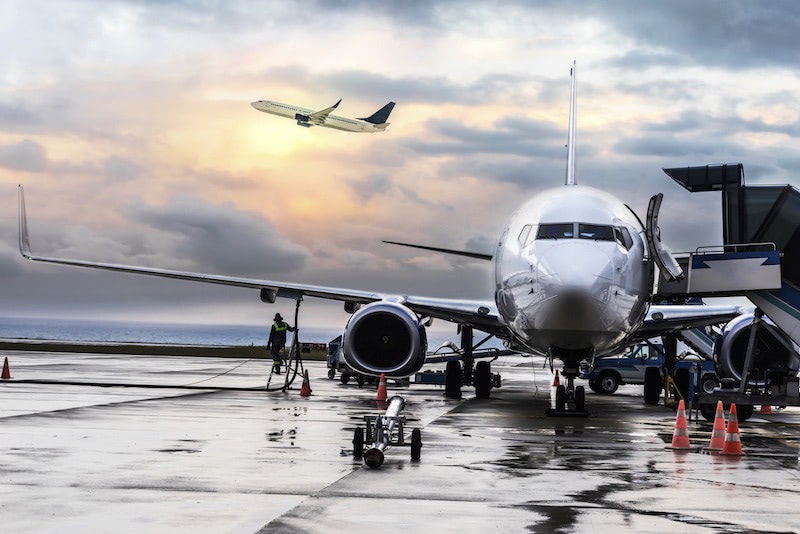- Undergraduate
Bachelor's Degrees
Bachelor of ArtsBachelor of EngineeringDual-Degree ProgramUndergraduate AdmissionsUndergraduate Experience
- Graduate
Graduate Experience
- Research
- Entrepreneurship
- Community
- About
-
Search
All Thayer News
Airline Mergers Benefit Most but Not All … To a Point
Mar 27, 2017
Two waves of US airline mergers since the late 1970s have reduced the number of major domestic carriers from 23 to four. Travelers, policy-makers, and industry experts often ask: Are these mergers good for passengers? According to a team of researchers at Dartmouth, the answer seems to be mostly yes, sometimes no.
"By and large, airline mergers have left passengers either better off or as well off as they were before," says Dartmouth engineering professor Vikrant Vaze, first author of "Impacts of Airline Mergers on Passenger Welfare," published today in Transportation Research Part E: Logistics and Transportation Review.
"But if you dig deeper," continues Professor Vaze, "there are certain types of passengers who are much better off and others who are much worse off from a merger, depending on the particular decisions being made by the airlines."
The study — conducted by Vaze and Dartmouth engineering graduate students Tian Luo and Reed Harder — provides an assessment of the overall effects of five major recent mergers:

- US Airways-America West
- Delta-Northwest
- United-Continental
- Southwest-AirTran
- American-US Airways
A mathematical model of passenger welfare was combined with data on airline operations and pricing to measure the effects.
Both the Delta-Northwest and United-Continental mergers brought significant benefits to the average passenger primarily in the form of more flight options. The other three mergers showed an overall neutral effect on passenger welfare.
"The biggest winners are the people who happen to live near the hubs of the larger airline in the merger," says Vaze. "For people who depend on the flight network of the smaller airline, however, there's huge uncertainty. It could go either way, and sometimes they lose big."
Vaze says that's where government regulation can help by issuing conditional approvals for mergers in order to minimize potential harm to certain passengers.
The Dartmouth study shows something else important: The degree to which the average passenger benefits from each new merger is steadily declining. When it comes to airlines, says Vaze, "Too many are definitely harmful. Too few are harmful as well. The data suggest there's a middle ground that's best for passengers, and that we may have reached that point now."
For contacts and other media information visit our Media Resources page.

